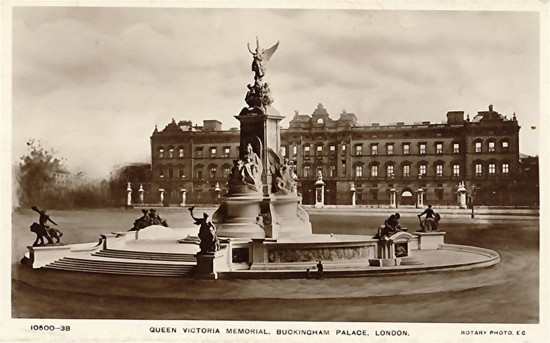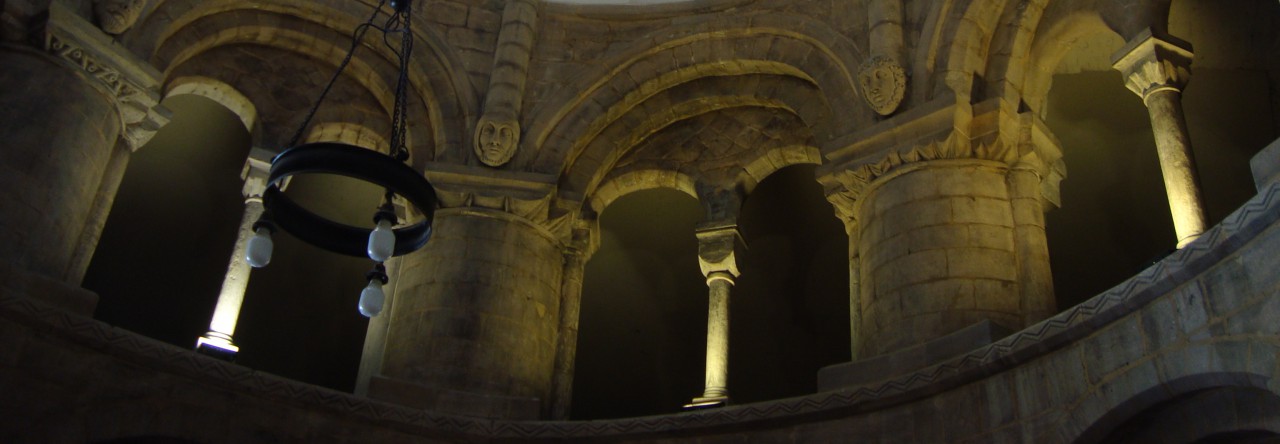
Kiki Hamilton The Faerie Ring Tor Teen 2011
Eighteen seventy-one was an eventful year, by many accounts. There was the disaster that was the Paris Commune, when thousands — maybe as many as twenty thousand — communards were massacred during ‘Bloody Week’ in May. But there were positives too, such as Queen Victoria opening the Albert Hall in memory of her late husband. In literature Edward Bulwer-Lytton published The Coming Race, a novel about the Vril-ya, winged super-humans who lived under the surface of the earth. This was the year too that Lewis Carroll published Alice Through the Looking Glass. 1871 is also the year in which Kiki Hamilton’s novel is set, the action taking place in a Dickensian London (Dickens had died the year before) of toffs and pickpockets. But this isn’t really a novel where social realism is to the fore, as the title strongly suggests.
The protagonist, through whom we see everything, is Tiki, an orphan who has turned to life on the streets rather as Oliver Twist did though with considerably more success. She has a fierce loyalty to her makeshift ‘family’, other orphans like her who have make a home in an untenanted shop by Charing Cross Station. She is suspicious of a fellow pickpocket Rieker who seems to shadow her every move, and who has a secret of his own to conceal.
Pretty soon she finds herself, rather incredibly, skulking around Buckingham Palace — which is when she comes across the ring of the title — and her life somehow gets entangled with two of Victoria’s sons, Princes Arthur (21 in the December of this year) and Leopold (a mere eighteen years old). Possession of the ring further entangles her with fairies (fey or faeries, the usage which the author prefers), some of whom seem about to stage an insurrection, and with whom Tiki unknowingly has a link through birth.
I do like the mix of themes that the author has brought into this story. The ring motif, familiar to us from mythology (the ring of the Nibelungs, for example) and literature (Tolkien’s ring of Sauron) is here featured in quests to both steal and return it as an object of inherent significance. With fairies she has principally incorporated Irish and Scottish traditions (for example, the fairy called Larkin, from an Irish name meaning ‘ fierce’ or ‘cruel’, and the Seelie and Unseelie Courts of Scottish fairy lore) but relocates them to the English capital. By involving Tiki with the British Royal Family she cunningly introduces a Cinderella motif. (Interestingly, Alice Liddell, the original Alice in Wonderland, was romantically linked with Prince Leopold from 1872 when he became an Oxford student.) Victorian street life naturally features, both a conscious nod to Dickens and also, in an aside about climbing boys, perhaps a reference to Kingsley’s The Water-Babies (1863); this last galvanised the public into periodic action until the Chimney Sweeper’s Act (1875) required sweeps to be licensed, thereby making it easier for previous legislation regarding the age of apprentices to be enforced.
There is a lot to like about this first instalment in a quartet involving the cross-dressing Tiki and Rieker: burgeoning romance, genuine menace, upstairs-downstairs intrigue, supernatural happenings, above all characters to engage in, especially the feisty (if headstrong) heroine. It may be a bit churlish then to point out why it didn’t quite work for me, mainly because although Kiki Hamilton is clearly an Anglophile there are aspects that don’t quite ring true for those born or bred in England. Language is the chief issue: throwing in the odd ‘bloody’ or ‘bugger’ doesn’t cut the mustard, in the same way that introducing ‘Gee whiz’ or ‘swell’ doesn’t convince any North American reader. Other things jar, such as the American English use of ‘vest’ which has different connotations in British English, and the constant referral to Buckingham Palace simply as Buckingham when this last is a town some way to the west of London.
These and other minor quibbles aside, this is a tightly plotted story, rendered more enjoyable if one accepts that this is a romantic novel loosely tied rather than dovetailed into an historical context. Not being part of the targeted readership I enjoyed the implicit as well as the explicit influences: the Tam Lin ballad of the human ensnared by a fairy lover, or the J K Rowling feel to aspects of London (there is even a Mr Potts with a bookshop that wouldn’t feel out of place in Diagon Alley). I wouldn’t be surprised to find that the author chose 1871 as much for the appearance of Alice’s Looking Glass and the winged Vril-ya that year as for the convenient ages of the two young princes. The only thing missing in this fantasy is the final epic battle between Good and Evil, but as this is just the first book of a series no doubt that is still to come.

Great post, very interesting, especially for the linguistic sections -very true, I could say the same when some authors try to give a Scottish veneer to a personage just by changing spelling of a few words without having even been in Scotland once! Most of the times, it doesn’t work and looks silly…
LikeLiked by 1 person
Point well made, Stephen. It’s more than that, even: if one is to willingly suspend disbelief, you have to avoid obvious anachronistic phrases too. At one point a character talks about something not being “a successful business model”. Now I may be wrong, but I rather think this is late 20C usage, not a phrase a 19C royal (of all people) would make.
It’s like that moment when I gave up on Downton, when Lord Grantham says new estate management practices involve “a steep learning curve”. It may have been Fellowes having a little joke but it spelt the rot for me.
LikeLike
There is nothing more jarring to me than an author’s misuse of language. Call me picky, but words matter! I once read a novel set in medieval England in which one character turned to another and said, “see you this weekend”. It threw me out of the story as the term “weekend” is a modern invention.
It sounds like the author here did little research. Sorry, but this would have ruined the book for me.
I can only hope someone has pointed this out to her. If this is to be a series there is ample time to correct her mistakes.
LikeLiked by 1 person
Words do indeed matter, I agree, Sari! Regardless of whether this is a teen or a literary novel it’s incumbent on an author (and their editor) to iron out these wrinkles before publication; in fact I’d say it was even more important in a teen novel to get your details consistent because otherwise it would imply that teen literature matters less than ‘literary’ works — and I would heartily disagree with such an approach.
As regards correcting mistakes, it’s too late — all four books in the quartet have, as at 2014, been published. While I mostly enjoyed the first book, because of those lapses I won’t be going out of my way to read the rest of the series.
LikeLike
A book I have just edited pointed out the fascination the Nazis had with that Vril book – but that is by the way.
The Atlantic English Barrier certainly can be a major problem. When I edited a took which jumped back and forth between a narrator from Europe and one from USA it really kept me on my toes.
Pity those aspects weren’t ironed out – the book seems to have a good deal of interest, otherwise.
LikeLiked by 1 person
Any author worth their salt would rejoice in the nuances that word usage would require, Col, not back away from the challenge — clearly your client has got stuck in where Hamilton has not.
Yes, Nazi obsessions with race certainly got them chasing down many avenues. The other legacy of the Vril-ya is a certain beef flavouring of course…
LikeLike
Actually, my client did remarkably well but still got booby-trapped on quite a few words and spellings – or forgot to switch. It was fascinating to discover things like the fact that certain words go back much further than one would believe possible, and that some modern slang is actually a revival of usage a long time ago.
LikeLiked by 1 person
I do love etymological dictionaries, Brewer’s Phrase & Fable and all that sort of thing, and I’d guess many diehard authors do too, notwithstanding the internet. One of my dictionaries is early 20C and is fascinating as a window on word usage then and what has changed and what hasn’t.
LikeLiked by 1 person